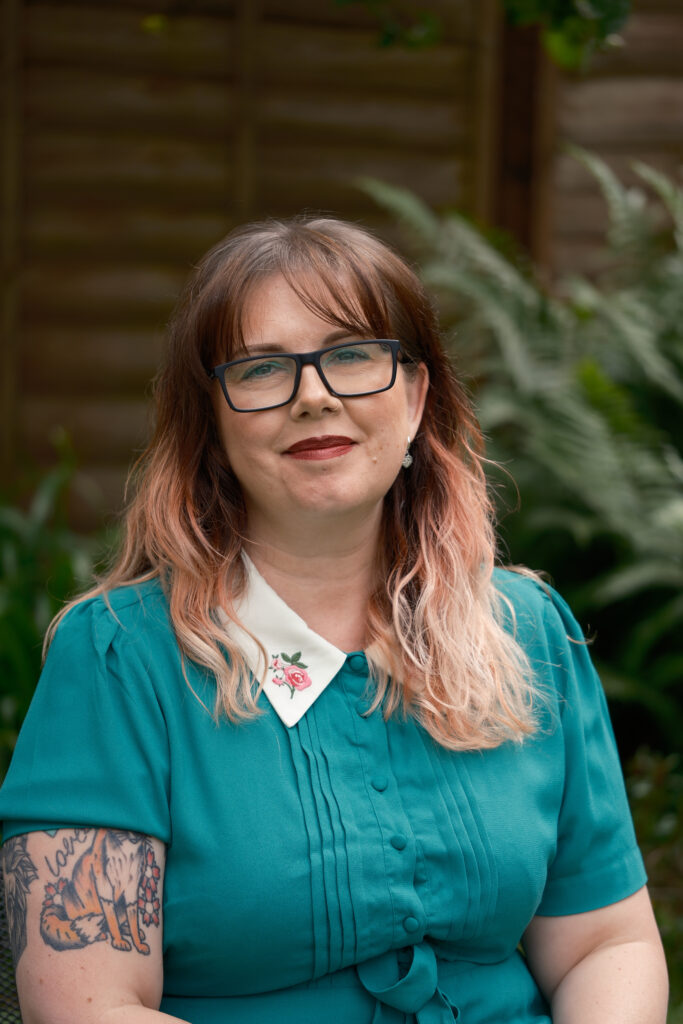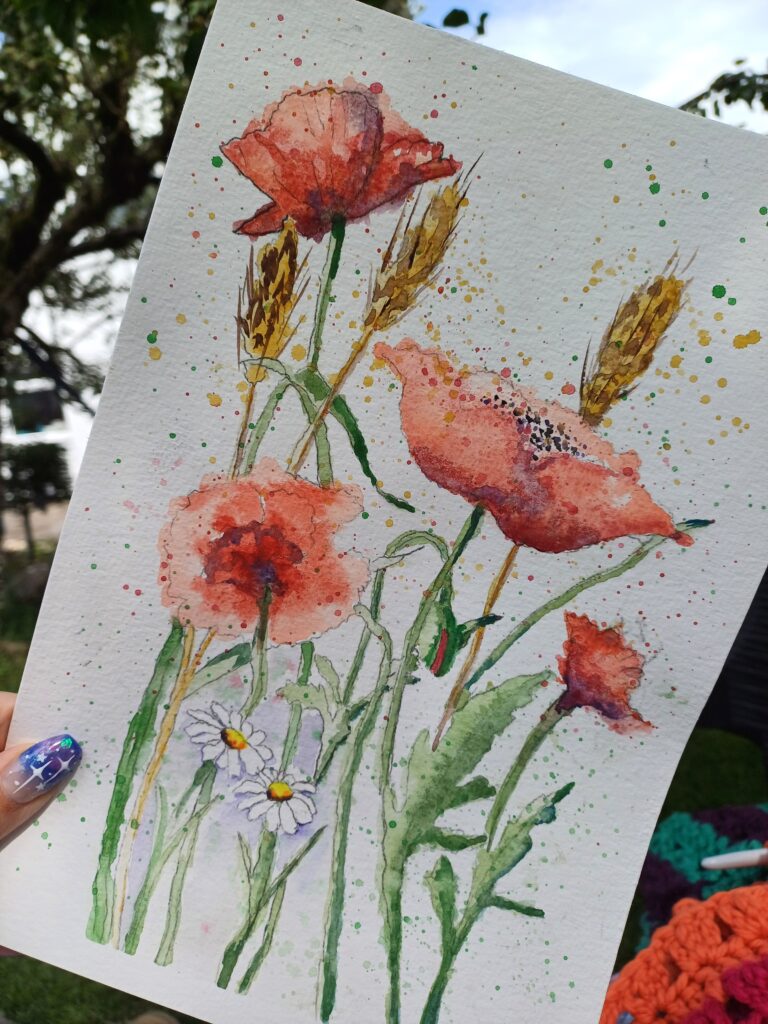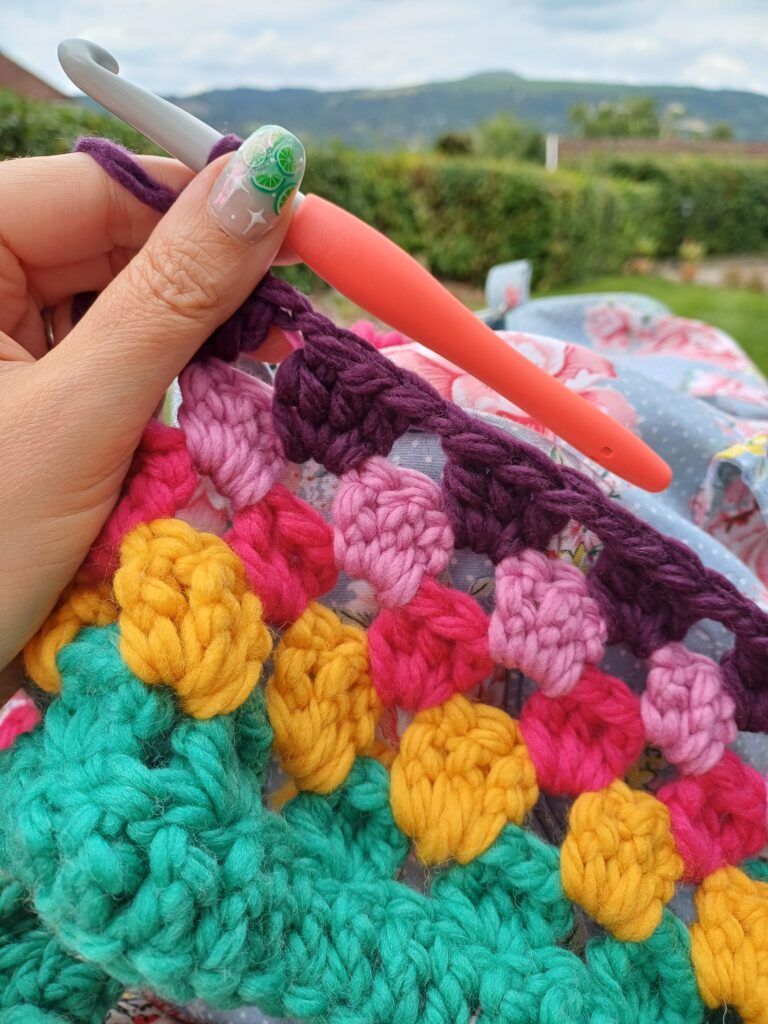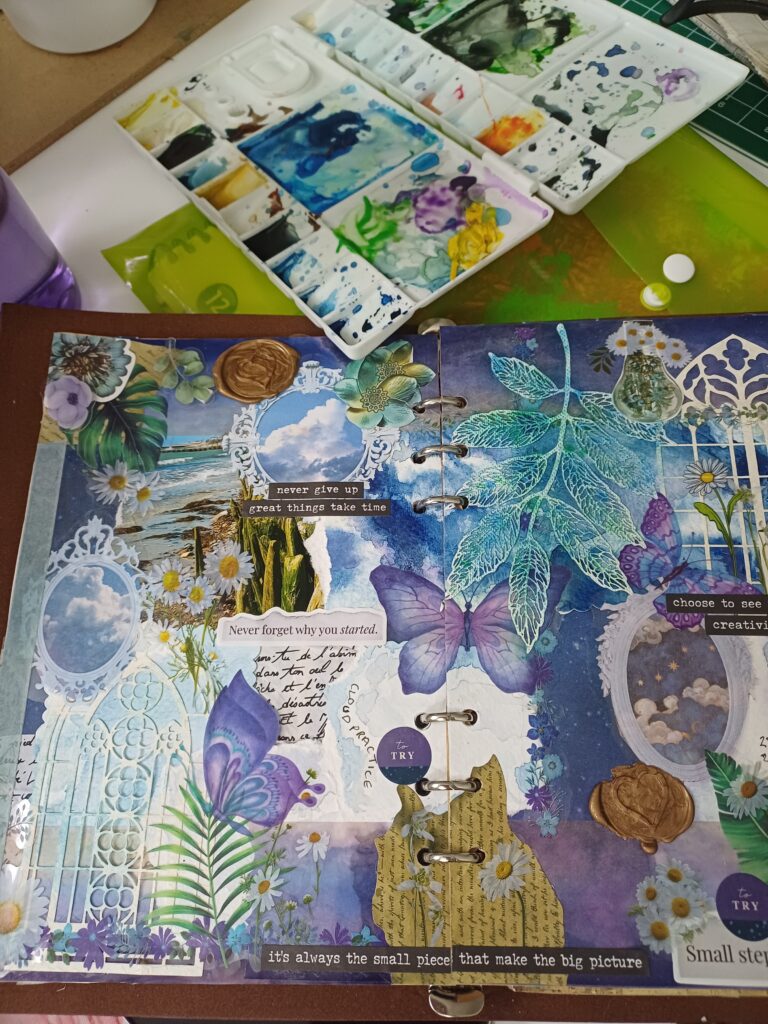About me
Welcome to The Calm Place. My name is Emilie, and I am a qualified counsellor who helps people navigate, explore and recover from difficult and often traumatic life experiences. I believe everyone is unique and counselling is not a ‘one size fits all’ situation; your journey will be as individual as you are. Together we can figure out exactly what you need to help you live your best life. Recovery is possible and you don’t have to do it alone. Whatever is bothering you, or causing distress, we can work it out. I am always happy to have a chat first so you can see if I’m the right counsellor for you.
Qualifications and experience
I have a first-class degree in counselling from the University of South Wales and am an insured and registered member of the BACP. I am also registered with the Information Commissioners Office as a person who handles and protects sensitive data. I have regular supervisory sessions with an experienced therapist who ensures I am always doing my job correctly and ethically.
As well as having my own private practice, I have worked as a counsellor for Mind in Merthyr Tydfil and currently volunteer as a counsellor for a local community organisation every week which supports vulnerable people. I have also returned to the University of South Wales as a guest lecturer.

How I work
I am a Pluralistic Integrative Counsellor – but what does that mean exactly?
Pluralistic integrative counselling is an approach that combines different counselling approaches and theories to enable therapy to be tailored to the client’s individual needs. It is based on the principle that no single therapy suits everyone, so by collaboratively working with the client it integrates techniques from these different approaches such as cognitive-behavioural, person-centred, and creative methods. The main thing here is how the counsellor and client collaborate to identify and apply the most effective strategies for the client’s unique issues, experiences, goals, and preferences. Pluralistic integrative counselling is all about flexibility, client empowerment, and the importance of a therapeutic connection with the counsellor. I even want to know how you need me to be, for example, would you prefer me to be warm and friendly or approach you in a cooler, professional manner – or a bit of both? Research tells us that all these factors then contribute to clients being able to grow, change, develop and recover their wellbeing. We also know from research that working this way increases the chance of counselling being successful.
The different counselling approaches we can use
CBT – Cognitive Behavioural Therapy is a structured, approach to therapy that helps people identify and change negative thought patterns and behaviours. It focuses on learning about the connection between thoughts, feelings, and behaviour, aiming to develop healthier ways of coping and improve mental well-being by challenging and altering unhelpful beliefs.
CFT – Compassion Focused Therapy is an approach that aims to help people develop self-compassion and reduce self-criticism. By learning about how our brains evolved along with the concepts of CBT and mindfulness, emotional wounds can be healed, resilience built, and well-being recovered by building kindness, empathy, and understanding toward ourselves and others.
Creative Therapy – Creative therapies involve the use of artistic activities, such as art, music and writing as therapeutic tools to help explore thoughts, feelings and behaviours and enhance emotional well-being. These therapies provide a non-verbal, expressive outlet for individuals to explore life experiences, reduce stress, and foster self-awareness. This in turn supports healing and personal growth.
Guided Imagery – Guided imagery is a therapeutic technique that involves visualising positive, calming images or scenarios to promote relaxation and mental well-being. Often led by a therapist or through recorded instructions, it helps individuals reduce stress, manage pain, and enhance emotional resilience by engaging the imagination and focusing the mind.
Mindfulness – Mindfulness is the practice of paying deliberate, non-judgmental attention to the present moment. It involves observing thoughts, feelings, and bodily sensations with acceptance, without trying to change or avoid them. This practice promotes self-awareness, reduces stress, and enhances mental clarity, fostering a sense of calm and well-being.
Person Centred Counselling – Person-Centred Counselling was developed by Carl Rogers and emphasizes a non-directive, empathetic relationship between the therapist and client. It focuses on the client’s self-discovery and personal growth, which can occur when the counselling space enables the client to feel valued, understood, heard and not judged by the therapist. Clients are supported to explore and resolve their issues at their own pace.
ACT – Acceptance and Commitment Therapy is a form of counselling that encourages individuals to accept their thoughts and feelings rather than fighting or avoiding them. It combines mindfulness practices with behaviour change strategies to help clients live authentically with more flexibility in how they approach complex life experiences.
SFBT – Solution Focused Brief Therapy is a goal-oriented, brief counselling approach that emphasizes finding practical solutions rather than exploring problems or delving into past traumas. It focuses on clients’ strengths, resources, and past successes, helping them envision their desired future and identify steps to achieve it. The therapy is collaborative, empowering clients to create positive change quickly.
And Finally…
I live in Govilon near Abergavenny, South Wales, where I have lived for the past 3 years; originally, I am from East Sussex. I am married with 2 grown up children; one who lives in Sussex and one who lives near me in Wales. I also have 2 grandchildren – yes, I am a Nanna!

I love Wales with a passion and used to hike all over the place until an episode of Covid in 2023 caused Chronic Fatigue and Fibromyalgia. I won’t lie, it has been a really challenging time as my life has changed so much. I’ve had to grieve many things I am now unable to do as well as learn to adapt and overcome to find joy again. Yet these experiences have meant I can effectively support others going through similar experiences – you are not alone.
As well as supporting people with all kinds of mental health issues, I am passionate about supporting women; particularly those who have experienced domestic abuse or perinatal depression. I battled postnatal depression with almost no mental health support many years ago which then turned into experiencing regular depressive episodes until I finally received the right support for me. It is shocking that so many women today have similar experiences – this needs to stop.
I am super creative and love arts and craft. I’m always making something or have a project on the go. More recently, I’ve discovered a passion for watercolour painting! I am no artist, I can assure you, but I do love having a go. I also crochet (when the pain in my hands allows) and journal very regularly in a scrapbooking style:



